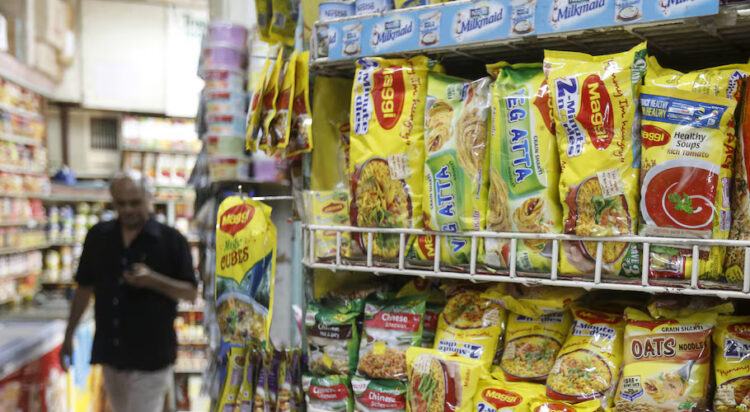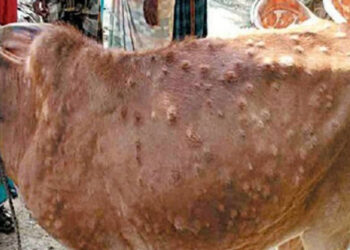![]() Follow Us on Google News
Follow Us on Google News
The world’s biggest food and beverage companies including Nestle, PepsiCo and Unilever sell substandard products in low-income countries that are less healthy than what they sell in high-income countries, according to a new report.
Products from these businesses are said to have lower scores on a health rating system created in Australia and New Zealand, according to the worldwide index released by the non-profit Access to Nutrition Initiative (ATNI).
Using a star rating system created in Australia and New Zealand, the non-profit organization discovered that, out of 30 firms, products sold in low-income countries performed worse than those marketed in high-income ones.
Products are rated on a scale of 1 to 5, where 5 represents the healthiest option. A score of 3.5 or higher indicates a healthier option.
The system gave the corporations’ investments in low-income nations a rating of 1.8. They were 2.3 in high-income nations, where more items were put through testing.
According to ATNI, the index is significant since packaged foods are contributing more and more to the obesity epidemic, which is currently a worldwide issue. The World Health Organization estimates that over one billion individuals worldwide suffer from obesity. According to World Bank estimates, 70% of overweight and obese individuals reside in low- and middle-income nations.
“We have committed to grow our sales of more nutritious foods, as well as guiding people towards more balanced diets,” a Nestle spokesperson was quoted as saying by Reuters, adding that Nestle also fortifies products to help close nutrient gaps in developing countries.

























![The severe water shortage highlights Pakistan’s ongoing struggles with water management and climate change impacts. [Image by Athar Parvaiz via dialogue.earth]](https://mmnews.tv/wp-content/uploads/2025/03/Jhelum-River-drought-120x86.jpg)








